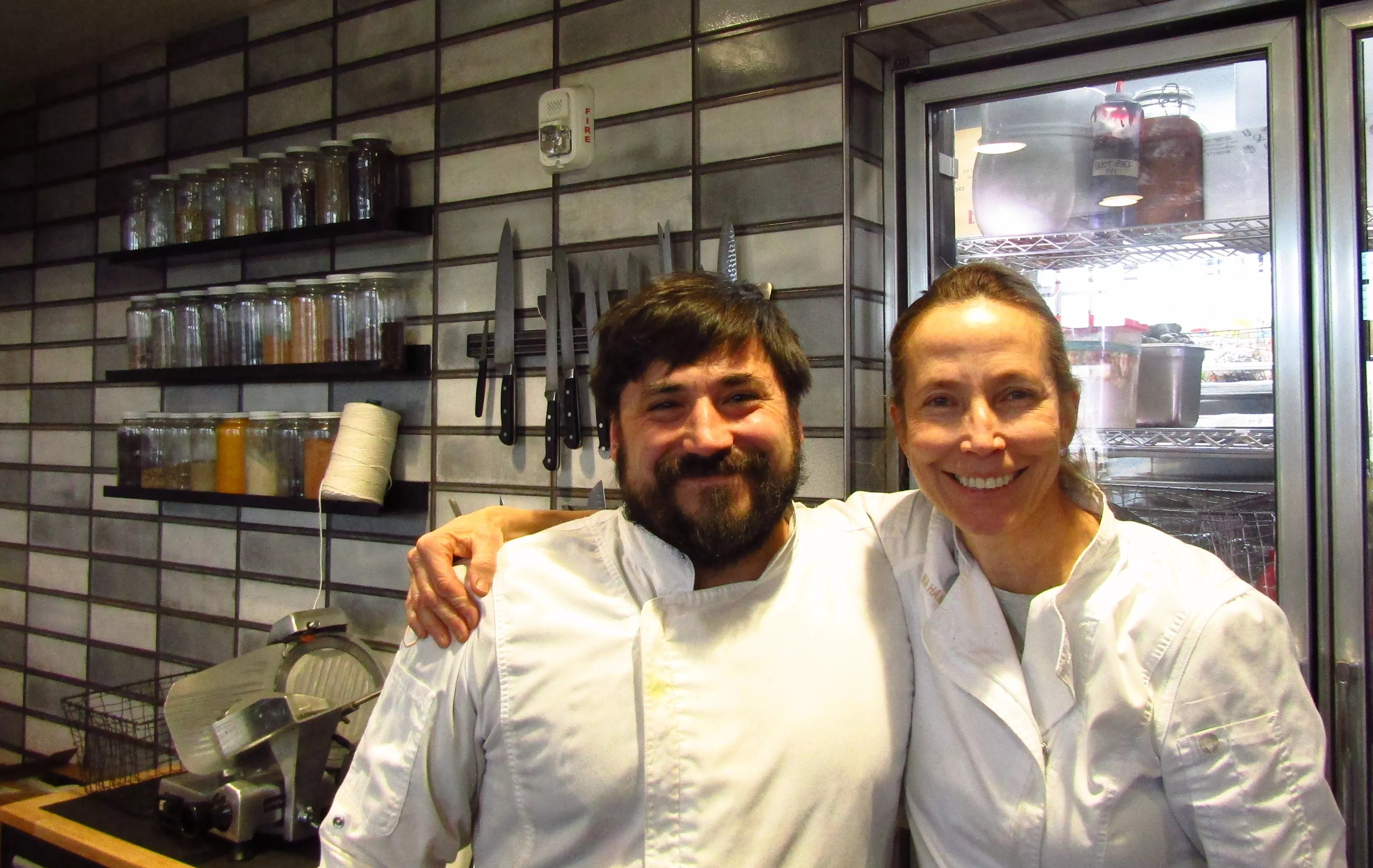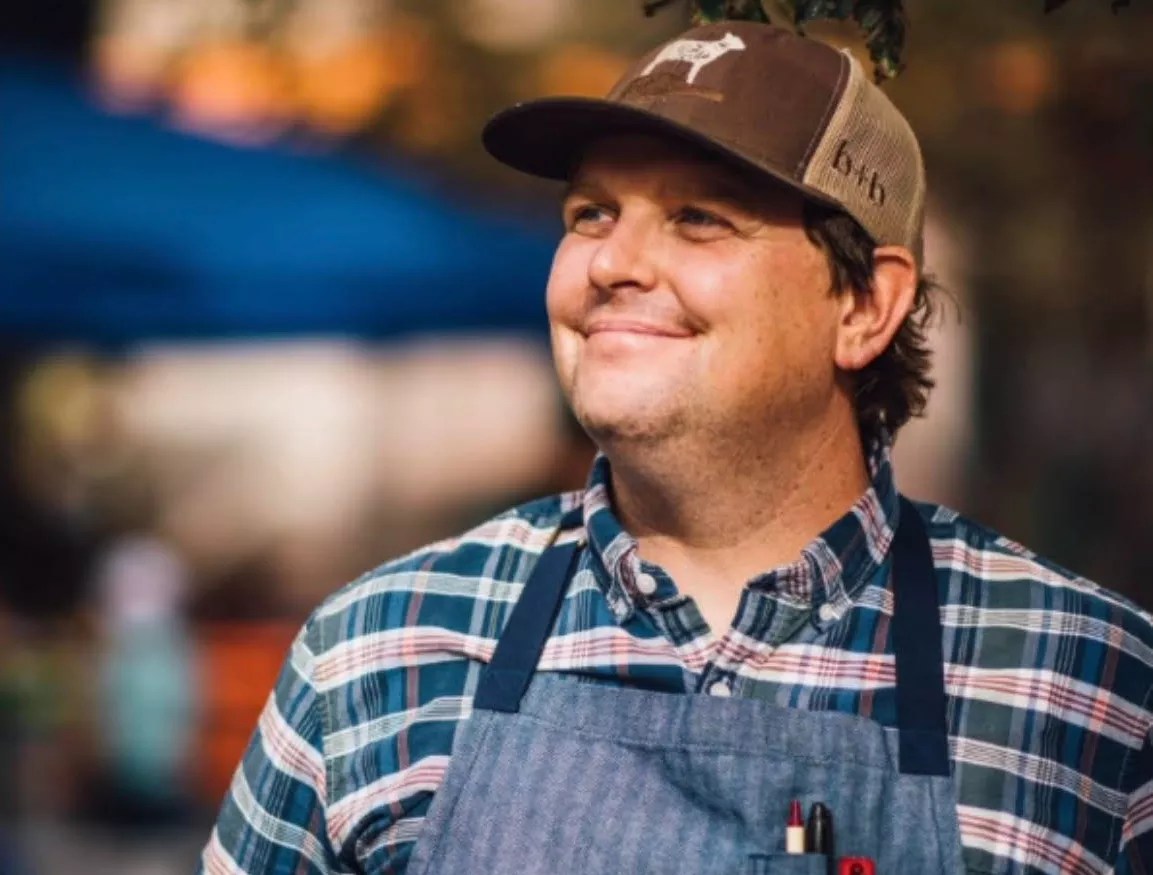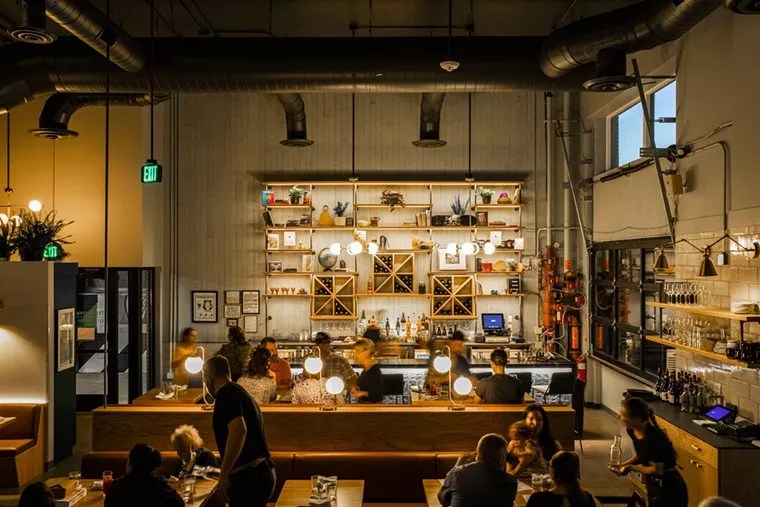
Courtesy Penelope Wong

Audio By Carbonatix
It’s 2022: The pandemic is over (according to some, at least), the national discourse has moved on to inflation, dining rooms are as crowded as ever, and openings are skyrocketing. Everything’s back to normal, right?
Sort of.
Anyone paying the slightest bit of attention to the hospitality industry knows that it’s still not operating on pre-pandemic paradigms; dining out requires deeper pockets and more flexibility than it did just a few years ago, and operating an eatery comes with huge challenges. But we’re also at the point where restaurants can just be restaurants again, not political proxies or activists.
We asked four restaurant and bar owners in metro Denver – Bo Porytko, chef-owner of Misfit Snackbar and the upcoming Molotov Kitschen; Kiendl Smith, operating partner of Dew Drop Inn; chef-owner Penelope Wong of Yuan Wonton food truck; and Paul C. Reilly, chef-owner of Coperta and Apple Blossom – for their thoughts on some of the hot topics in the industry, as well as what they’re loving right now.

Chef Bo Porytko was last seen working at the Bindery with chef/owner Linda Hampsten Fox, but you can soon find him at Misfit Snackbar inside the Middleman.
Mark Antonation
Westword: Is tipping dead?
Bo Porytko: It’s interesting; that’s something we’re wrestling with now. I think people are always going to be stuck in that model, especially in bars – dive bars are never going to add some crazy charge. In some places it’s alive and well, and it should be. I love that fast-food workers are getting tips! I don’t know if it is or isn’t dead, but I’d like the structure to change more.
Kiendl Smith: Maybe not in drinking establishments. … I don’t think it’s dead. I’ve worked for places that won’t allow tipping; I would not personally do that to my employees. What’s the incentive to work your tail off if you’re going to be paid whether you have a smile on your face or not? I do think [employees] should be rewarded.
Penelope Wong: Tipping is dying, for sure, unfortunately. Sometimes I feel like I may be one of the last few remaining with that old-school mentality when it comes to tipping. … I’m tipping a minimum of 25 percent, and I always include a tip in addition to the automatic gratuity that restaurants have been implementing, only because I know how important the extra funds are to the employees. I know how important they are to our tiny team.
Paul C. Reilly: It’s an endangered species. My restaurants have a service charge; this is something some restaurants have made a conscious decision about. It would be great if we’d all go to non-tipping, but I’m not sure that’s going to happen.

Kiendl Smith of Dew Drop Inn
Courtesy of Kiendl Smith
What permanent changes to the bar and restaurant industry do you see coming out of the pandemic?
Wong: I feel there is definitely a more positive change to the industry in that there is a shift from industry workers to prioritize work/life balance. We’re seeing so many different pandemic-born concepts that are successfully making the transition from side hustle to brick-and-mortar [businesses], and establishing hours that are more suitable to find that balance. It’s nice to see employers following suit as well, and creating weekly schedules in order to allow shorter work weeks and/or consecutive days off for their employees.
I also feel that the industry has gained a greater sense of respect from the community since coming out of the pandemic. The industry has been vocal and loud over these last two years about the difficulties and real struggles of surviving. … The community – or a large percentage of it – has rallied in support of industry challenges and all of the changes we’ve had to implement in order to survive.
Smith: To be honest, I think that the biggest change in our industry will be the implementation of a service charge instead of tipping (we have a service charge that’s solely for back of house). We haven’t implemented it ourselves, but we’re seeing it across the board. I get it; it’s so the back of house is making a decent wage, as well.
Reilly: Random [temporary] restaurant closures, whether that has to do with further outbreaks, staffing issues or staffing issues because of further outbreaks. Things like, “We’re closed today, but we’ll be back open tomorrow!” And I hate this so much, but probably QR code menus. I absolutely despise them. I’m a real tangible person, and there’s something about sitting down and holding a menu that I love.
Porytko: We still can’t get staff, [so] everyone is doing what I’m doing: going smaller. Everyone’s looking for 1,200- or sub-1,000-square-foot spaces and charging more. It’s probably going to take about five years to get more good cooks. I’m happy the pay scale is better [for cooks]; I think it’s fucking awesome. That’s the best thing that came out of COVID.

Chef Paul C. Reilly, owner of Coperta and Apple Blossom.
NewDenizen.com
What are the biggest challenges you currently face?
Reilly: Where do I begin? Number one is staffing. We get applicants, but I often don’t get people to show up for interviews. … If you’re not going to show up for your interview, it’s no big deal – just let us know! The experience that candidates we’re getting have is not like it was pre-pandemic. Instead of teaching them how to cook at Apple Blossom or Coperta, I’m often teaching them how to cook. That’s not just line cooks, that’s sous chef and prep cook candidates as well. … It’s really hard to convince people to be managers, I think because of so many tipping or even non-tipping models. A lot of people who are candidates to be managers say, “Why would I make less money and work more hours?”
Smith: Without a doubt, staffing is the number one, both front and back of house. Going back to the pandemic question, I think that instead of the employer having the upper hand with hiring, it’s now the employee who has the upper hand. They can walk in and say, “This is not exactly where I want to work.” It’s keeping your staff happy and making sure they are paid a fair wage. They can walk at any time.
Porytko: Trying to find good people. It’s always staffing. … What’s nice is there are a plethora of spaces open and it’s a less-saturated market – but even in a less-saturated market, you still can’t find help. I got lucky with my staff, but it took forever. And all the food costs! That sucks. Everything is depressing when you go to the grocery store, and it’s hard, because it doesn’t translate to how we’ve changed our prices. We’ve got to slowly nudge our prices up and up. Brisket used to be $3.50 per pound; now it’s $8. That’s more than double. Our razor-thin margins are even more razor-thin.
Reilly: Costs are up, and they keep continuing to go up. [Think of] a fuel surcharge that [vendors] put in place; now that gas prices are coming down and I ask if they’re going to reverse the surcharge, I don’t really get an answer. The cost of goods is up. Beef and dairy seem to have no ceiling. We use a nice fryer oil; you used to think a fried item is a lower-cost item, but now the fryer oil is as much as the cost of the ingredient. I literally have no choice; the costs must be passed on to the guest.
Wong: Cost increases. We are all feeling the impacts of inflation, but as a food-service operator, the impact has been quite severe. There’s been an average increase on most items by 30 to 35 percent, but we’ve also seen increases that have surpassed 50 to 60 percent on some items, and many of them have happened overnight. … Can you imagine if you went into your favorite restaurant and overnight their menu prices increased by 50 percent? But it’s highly likely that at least half of any one particular menu item’s list of ingredients have increased in cost by at least 40 percent.

Paul C. Reilly is a fan of the Greenwich.
David Williams
What’s the most interesting thing you ate all year?
Wong: A dumpling in a traditional Indian curry. I’m not sure how I felt about it, but it made me think of this scenario: A young, eager line cook was given an opportunity to create a special and decided to throw some grilled chicken in a makeshift tikka masala laden with way too much cumin and turmeric and tomato paste instead of chili powder, tossed it all in with some overcooked penne, presented it and said, “It’s an Indian pasta dish!”
Porytko: I had a really good meal at Noisette; it was crépinettes (pork sausage) with oysters. [It’s still available on the dinner menu.]
Smith: We were at Barolo Grill a couple nights ago, and they had a rabbit pasta dish that was to die for. [Also still available!]
What’s your favorite new restaurant in Denver?
Porytko: I’m really excited for Kyle [Foster] to have a permanent location for Pirate Alley.
Wong: The Porklet in Aurora – Korean-Japanese fusion. It’s always a great meal. Their katsu is fantastic, as is their spicy grilled chicken with tteokbokki. I’m also a big fan of Lucina in Denver.
Reilly: It has to be the Greenwich. I find often when I eat out that dishes are all over the place in terms of seasoning. Every single dish I had – and we ate a lot of the menu – was perfectly seasoned.
Smith: My new favorite restaurant is the Fifth String, which opened in 2020. I absolutely adore it!